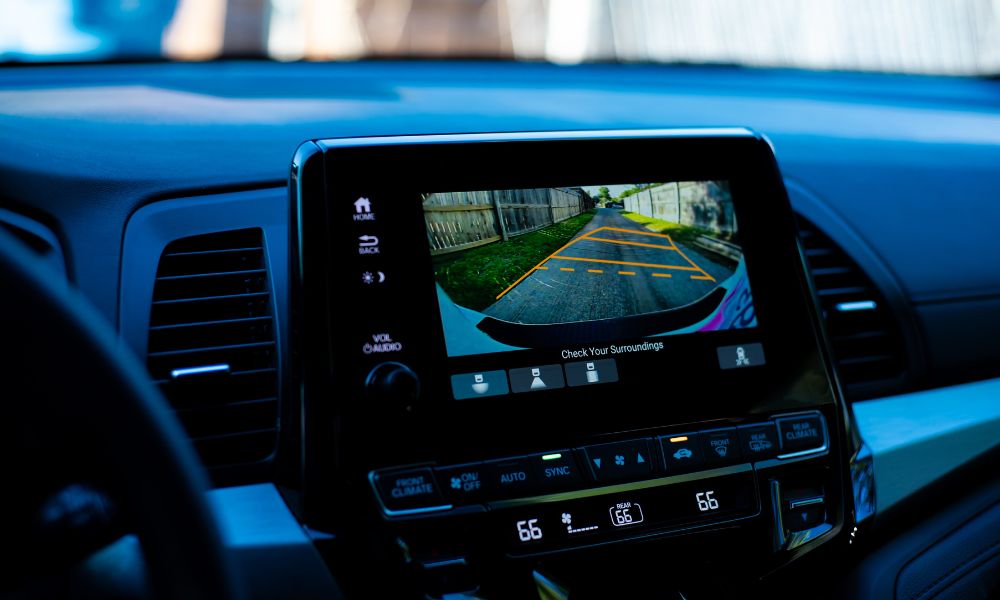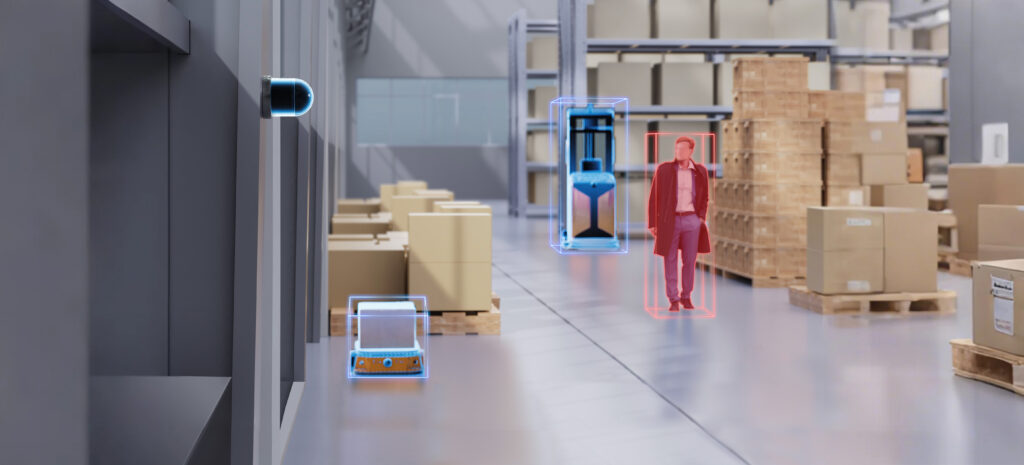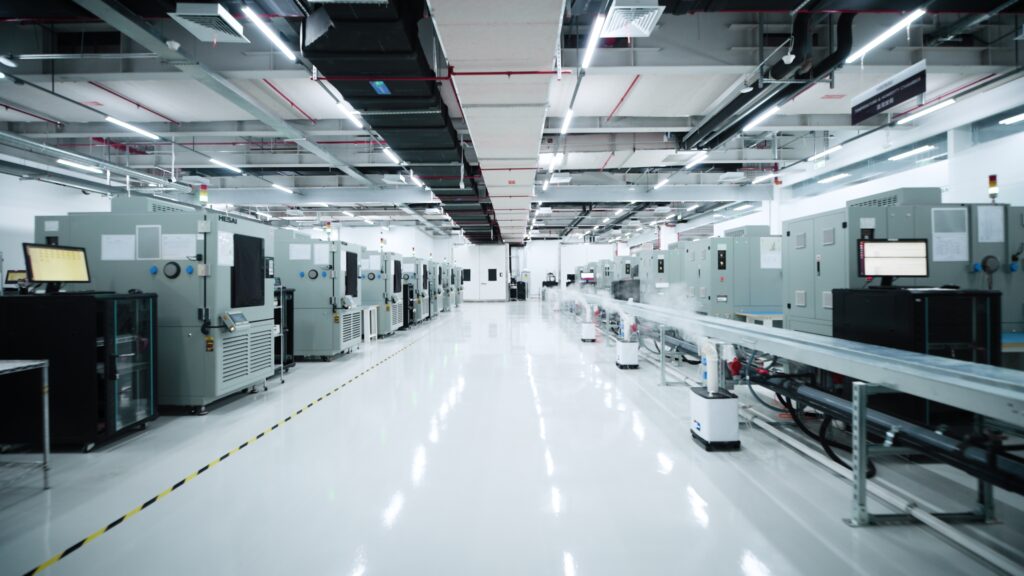

Lidar has made a huge impact on our world in recent years. From advanced safety features in cars to incredible advancements in agriculture and environmental monitoring, this technology is revolutionizing many of our most important industries. But lidar isn’t a brand-new invention. In fact, the idea of measuring distances with light has been around for nearly a century. Discover how lidar started and how it has evolved to become the crucial technology we use today with this brief history of lidar technology.
Using Searchlights To Study the Atmosphere
The idea behind lidar—bouncing light beams off objects to measure distance—originated in 1930 when an Irish physicist named Edward Hutchinson Synge used searchlights to study the atmosphere. This method evolved and became more accessible over the years. By 1938, meteorologists were using light pulses to determine the height of clouds.
Early Applications in Aerospace
Lidar as we know it came to be shortly after the invention of the laser in 1960. Because lasers have a shorter wavelength, they can bounce off smaller objects, making it easier to accurately detect and measure things like cloud particles or rain droplets.
Lidar continued to expand beyond meteorology, though. Aerospace applications began using lidar in the 1960s. By attaching lidar systems to aircraft, scientists could fly over and create visuals for vast land or water masses. This made lidar a crucial tool in geology, oceanography, and similar industries. Meanwhile, NASA began investing in lidar as an advanced navigation and sensing technology for exploratory spacecraft. We have lidar to thank for early land maps of Mars, Mercury, and the moon.
Lidar Today
Scientists and engineers continue to find new, exciting ways to use lidar technology. In the automotive industry, lidar sensors power cutting-edge ADAS features like parking assistance and blind spot monitoring. Meanwhile, lidar also helps survey locations and conditions humans can’t safely approach on their own, such as volcanic activity or mining tunnels.
Lidar also powers a vast range of autonomous vehicle applications, including:
- Automated forklifts and other warehouse equipment
- UAVs and security cruisers
- Long-haul trucks
- Last-mile delivery vehicles
- And more!
Lidar Tomorrow
The history of lidar technology is fascinating, but its future is even more exciting. As lidar continues to evolve—delivering greater amounts of data and clearer visuals with increasingly accessible and versatile solutions—its potential only grows. Hesai Technology is proud to be a leading lidar manufacturer during this exciting time. Learn more about how our lidar systems power safety, efficiency, and growth in a wide range of industries when you visit Hesai today.



